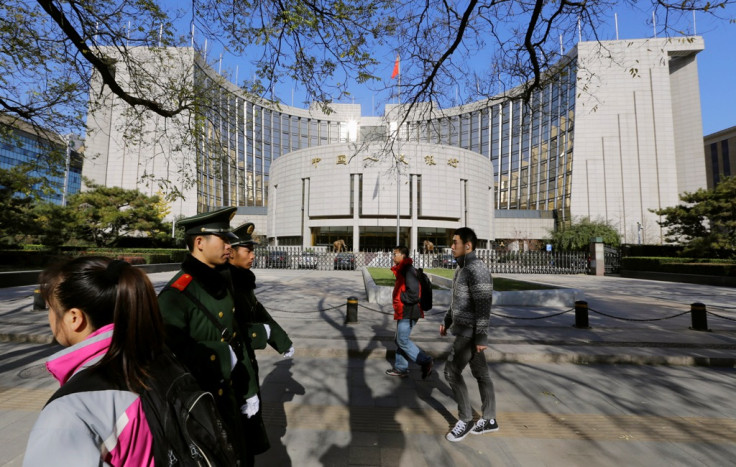China: Central bank cuts bank RRR to boost growth
Cut will be effective from 5 February and will take the RRR for large banks to 19.5%.

China's central bank has cut the reserve requirement ratio -- the amount of cash that banks must hold as reserves -- by 50 basis points, the first industry-wide cut in more than two-and-a-half years.
The People's Bank of China (PBoC) said on 4 February that the reserve requirement ratio (RRR) will be lowered by 50 basis points.
The cut is effective from 5 February and will take the RRR for large banks to 19.5%.
The PBoC stimulus measure is aimed at boosting economic growth in the world's second-largest economy. The move was widely expected as analysts have said that monetary policy had to be further loosened to lift growth from a 24-year low.
In addition, the central bank said on Wednesday that the RRR will be lowered by an additional 50 basis points for urban and rural commercial banks that lend to small and mid-sized businesses.
The reserve ratio for China Agricultural Development Bank, which lends to support Beijing's policies, will be lowered by an additional 400 basis points, the central bank added.
Wen Bin, senior economist at Minsheng Bank in Beijing, told Reuters: "Capital outflows and yuan depreciation have led to net FX sales in recent months. The central bank has tried to use short-term policy tools to inject more liquidity, but such tools look not enough, so it has to cut RRR."
Liu Li-gang, an economist at ANZ, told the news agency: "The main reason [for the latest policy easing] was that the PMI was much lower than expected in January, so if there is no further policy reaction, it's very likely that China's Q1 GDP growth could fall below 7%."
China cut the RRR for some banks earlier in the year, but today's cut is the first broad-based change in the ratio since a 50 basis point cut in May 2012.
China's economic growth slowed to 7.4% in 2014, the slowest in 24 years, from 7.7% in the preceding year.
The PBoC announced an unexpected cut in benchmark interest rates in November 2014, after data showed that the economy was losing momentum.
© Copyright IBTimes 2025. All rights reserved.






















